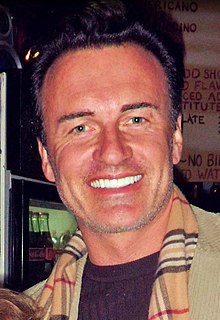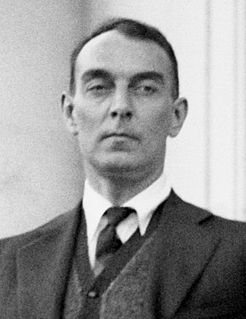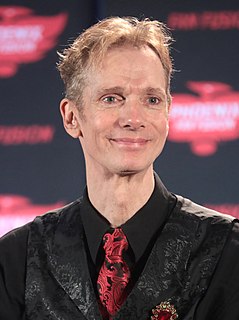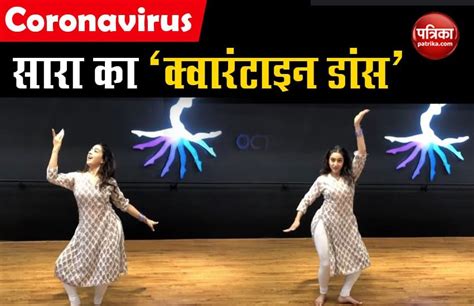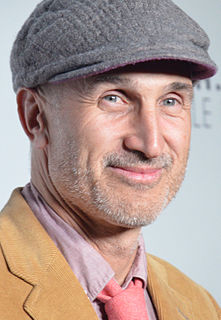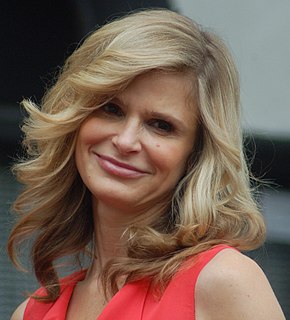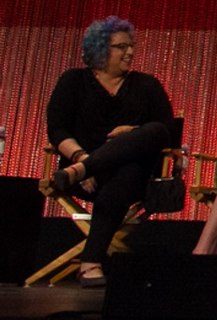A Quote by Julian McMahon
I like the opportunity to play characters who have these dark sides but make the audience empathize with them. You want them to think there is some kind of sweeter, softer side to it.
Related Quotes
Some like them hot,some like them cold. Some like them when they're not to darn old Some like them fat,some like them lean. Some like them only at sweet sixteen. Some like them dark,some like them light. Some like them in the park,late at night. Some like them fickle,some like them true, But the time I like them is when they're like you
I like playing at public schools. I like when there's more of a diverse audience. I'll play wherever people want to hear my music, and I'll be glad and grateful for the opportunity, but I'd rather not play for a bunch of white privileged kids. I'm not meaning that in a disrespectful way; you go where people want to hear your music. So if that's where people want to hear me play, I'm glad to play for them. But I'd rather play for an audience where half of them were not into it than one where all of them were pretending to be into it, for fear of being uncultured.
I love when there's an obstacle to overcome, even for the audience to actually empathize with that character. I find that interesting, and then, how to work around that and make them relatable. That's something that you have to dig into the moments and into the performances and see how to play those situations that make them relatable.
I get an opportunity to communicate with the audience about the movie that I've made. I get the chance to bring attention to the film that I've made. I care a lot about the movies that I make. I want them to reach an audience, and I want them to be successful. I promote nearly everything that I do, unless I've got some bad taste in my mouth.
. . . I felt that making her one-dimensional would be an insult to the audience, and also not as interesting. All destructive people have an inner side to them, and the more three-dimentional your characters are on screen the more compassion you can open up in an audience . . .. To me, that involves the audience more, it stimulates them and asks more of them.
For the most part, my characters don't talk to me. I like to lord over them like some kind of benevolent deity. And, for the most part, my characters go along with it. I write intense character sketches and long, play-like conversations between me and them, but they stay out of the book writing itself.
The thing about great fictional characters from literature, and the reason that they're constantly turned into characters in movies, is that they completely speak to what makes people human. They're full of flaws as much as they are full of heroics. I think the reason that people love them and hate them so much is because, in some way, they always see a mirror of themselves in them, and you can always understand them on some level. Sometimes it's a terrifyingly dark mirror that's held up.
